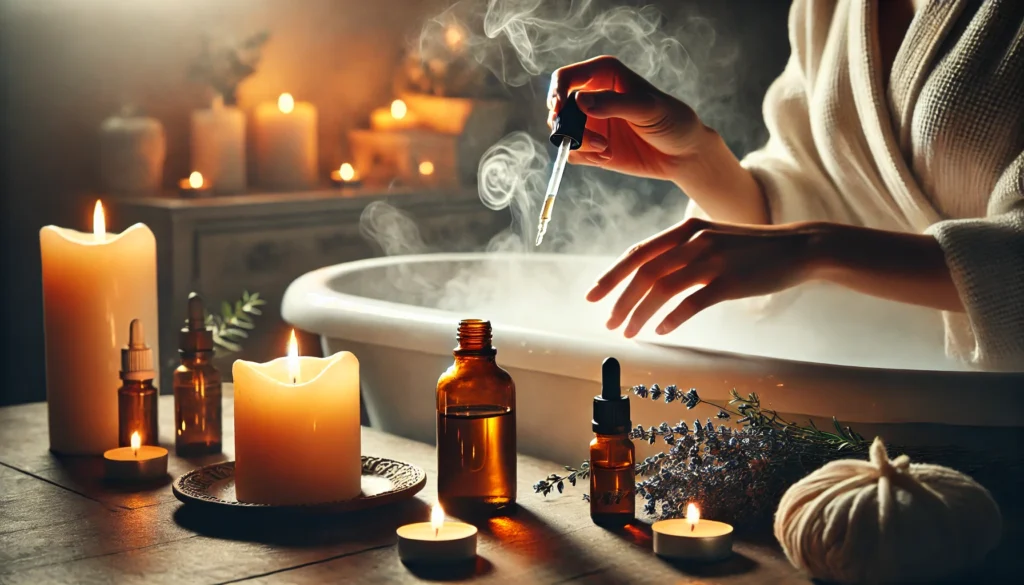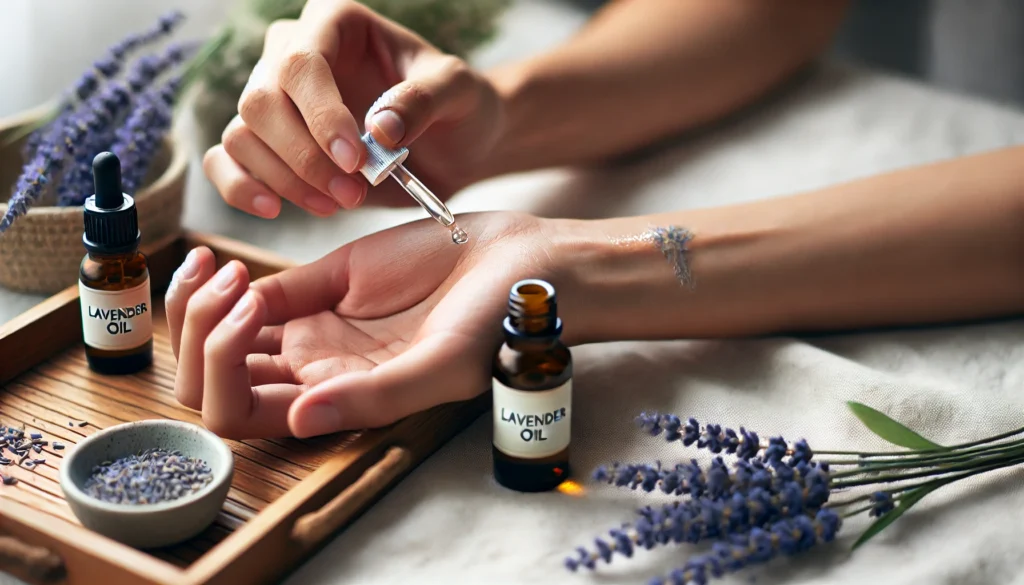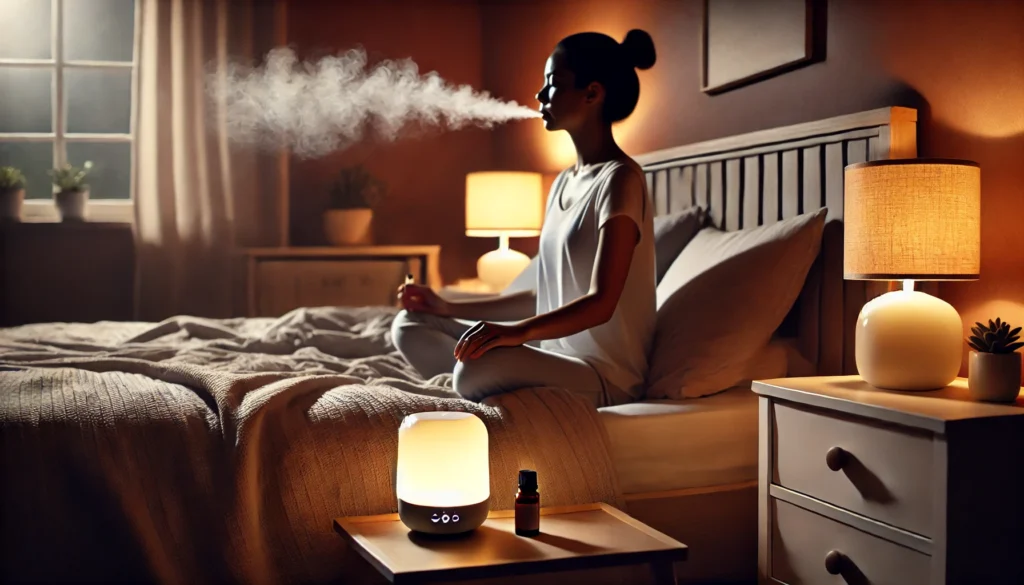Social anxiety, or social phobia, is characterized by an intense fear of social situations where one might be judged, embarrassed, or scrutinized by others. It can significantly impact daily life, making it difficult for individuals to engage in routine activities like attending school or work, or even participating in social gatherings.
Symptoms and Impact
Social anxiety manifests in various ways, including physical symptoms such as sweating, trembling, and a rapid heartbeat. These symptoms can lead to avoidance of social situations, thereby impacting one’s personal and professional life. The pervasive fear can also lead to isolation and depression if not addressed effectively.
Causes and Risk Factors
Understanding the underlying causes of social anxiety is crucial for effective management. While genetics and brain structure may play a role, environmental factors such as upbringing and traumatic experiences can also contribute. Identifying these causes can help in tailoring specific treatment approaches.
Diagnostic Criteria
The diagnosis of social anxiety disorder is based on specific criteria outlined in the Diagnostic and Statistical Manual of Mental Disorders (DSM-5). A comprehensive evaluation by a mental health professional is essential for accurate diagnosis. This involves assessing the intensity, duration, and impact of symptoms on daily functioning.
You may also like: Natural Supplements for Effective Anxiety Relief

Can Social Anxiety Be Cured Naturally?
The quest for natural remedies for social anxiety is ongoing. While there is no definitive cure, several alternative treatments for social anxiety can help manage symptoms. Essential oils are a popular choice due to their calming properties, ease of use, and minimal side effects.
The Role of Natural Remedies
Natural remedies offer a holistic approach to managing social anxiety. These include lifestyle changes, dietary adjustments, and the use of herbal supplements. While they may not cure the condition, they can significantly alleviate symptoms and improve quality of life.
Benefits of Essential Oils
Essential oils provide a range of benefits for those with social anxiety. Their calming effects can help reduce stress and promote relaxation. Additionally, they are easy to incorporate into daily routines, making them an accessible option for many people.
Limitations and Considerations
While essential oils offer potential benefits, they are not a substitute for professional medical advice. It’s important to use them as part of a comprehensive treatment plan. Consulting with a healthcare provider ensures that essential oils are used safely and effectively, particularly if other medications are involved.
Historical Context of Essential Oils
The use of essential oils dates back thousands of years. Ancient civilizations, including the Egyptians and Greeks, utilized plant extracts for therapeutic and religious purposes. Essential oils were often used in rituals, as well as for their aromatic and healing properties. This historical context provides a foundation for their modern applications in treating various ailments, including anxiety.
Ancient Practices
In ancient Egypt, essential oils were integral to religious ceremonies and embalming processes. Similarly, the Greeks used them for medicinal purposes, believing in their power to heal both body and mind. These practices highlight the longstanding belief in the potency of plant extracts.
Cultural Significance
Across different cultures, essential oils have held significant roles. In India, Ayurveda incorporates essential oils for balancing the mind and body. Traditional Chinese medicine also utilizes these oils for their therapeutic properties. This cultural diversity underscores the universal appeal of essential oils.
Evolution into Modern Use
The transition from ancient to modern use of essential oils is marked by scientific advancements. Today, essential oils are used in aromatherapy, a practice that blends traditional beliefs with contemporary understanding of human physiology and psychology. This evolution reflects a growing interest in holistic health solutions.
Essential Oils in Modern Times
Today, essential oils are widely used for their potential health benefits. They are incorporated into aromatherapy, a holistic healing treatment that uses natural plant extracts to promote health and well-being. Aromatherapy can be a valuable tool in managing social anxiety, offering a natural complement to other treatment methods.
Aromatherapy as a Practice
Aromatherapy involves the inhalation or topical application of essential oils to enhance psychological and physical well-being. This practice is based on the idea that scents can influence the brain’s limbic system, which controls emotions and memory. As such, aromatherapy can be a powerful tool for emotional regulation.
Popular Essential Oils for Anxiety
Various essential oils are known for their calming effects. Lavender, chamomile, and ylang-ylang are among the most popular for reducing anxiety. Each oil has unique properties that can be harnessed to address specific symptoms of social anxiety.
Integrating Aromatherapy into Daily Life
Incorporating aromatherapy into daily routines can be simple and effective. Using diffusers, creating personalized blends, or even carrying scented items like inhalers or jewelry can provide on-the-go relief. These methods make it easy to benefit from essential oils anytime, anywhere.

Scientific Backing of Essential Oils for Anxiety
While the historical use of essential oils is well-documented, scientific research provides further insight into their efficacy. Several studies have explored the impact of essential oils on anxiety, with promising results.
Insights from Neuroscience
Neuroscientific studies have shown that essential oils can affect neurotransmitter activity in the brain. This interaction may explain their calming effects, as certain oils can enhance the production of serotonin, a mood-stabilizing chemical. Understanding these mechanisms helps in selecting the right oils for anxiety relief.
Clinical Trials and Studies
Clinical trials have tested the effectiveness of essential oils in treating anxiety. For example, research published in the “Journal of Clinical Psychopharmacology” demonstrated that inhaling lavender oil reduced anxiety levels in hospital patients. These findings provide empirical support for the therapeutic use of essential oils.
Limitations of Current Research
Despite promising results, more comprehensive research is needed to fully understand the impact of essential oils. Current studies often involve small sample sizes and short durations, limiting the generalizability of findings. Continued research is essential for establishing standardized protocols and dosage recommendations.
Practical Applications of Essential Oils
Incorporating essential oils into your routine can be simple and effective. Here are some practical ways to use them for social anxiety:
Aromatherapy Diffusion
Using an essential oil diffuser is one of the most popular methods. Diffusers disperse the oils into the air, allowing you to inhale the calming scents. Popular oils for anxiety include lavender, chamomile, and ylang-ylang.
Selecting the Right Diffuser
There are various types of diffusers available, including ultrasonic, nebulizing, and heat diffusers. Each type has its own advantages, with ultrasonic diffusers being the most popular for their ability to preserve the integrity of the oils. Choosing the right diffuser can enhance the aromatherapy experience.
Creating a Relaxing Environment
Setting up a calming space with your diffuser can significantly enhance its benefits. This might involve dim lighting, soothing music, or comfortable seating. Creating such an environment can maximize the stress-relief effects of aromatherapy.
Frequency and Timing
Using a diffuser at specific times, such as before bedtime or during stressful periods, can be particularly effective. Establishing a routine helps in creating a consistent calming effect, which can be crucial for managing anxiety symptoms.
Topical Application
Diluting essential oils with a carrier oil (such as coconut or almond oil) and applying them to the skin can be another effective method. This allows the oils to be absorbed and provide a calming effect. Common application areas include the wrists, temples, and the back of the neck.
Safety Precautions
When applying essential oils topically, it’s important to follow safety guidelines. This includes performing a patch test to check for allergic reactions and using appropriate dilution ratios to prevent skin irritation. Being mindful of these precautions ensures a safe and effective experience.
Techniques for Application
Applying essential oils can involve different techniques, such as gentle massage or acupressure. These methods can enhance the absorption and effectiveness of the oils. Incorporating these techniques can make topical application a soothing ritual.
Blending Oils for Enhanced Effects
Creating blends by combining different oils can provide synergistic effects. For example, mixing lavender with bergamot can enhance relaxation. Experimenting with various combinations can personalize the aromatherapy experience.
Bath Soaks
Adding a few drops of essential oils to a warm bath can create a relaxing atmosphere, helping to alleviate anxiety symptoms. Oils like rose and frankincense are known for their soothing properties.
Preparing an Essential Oil Bath
To prepare an essential oil bath, mix a few drops of your chosen oil with a carrier oil or bath salt before adding it to the water. This ensures even distribution and prevents the oils from irritating the skin. Creating a routine around this practice can enhance its calming effects.
Enhancing the Experience
Incorporating additional elements like candles, soft music, or herbal teas can enhance the bath experience. These additions create a multisensory environment that promotes relaxation. Crafting a serene atmosphere can maximize the benefits of the bath soak.
Frequency of Use
Regularly incorporating essential oil baths into your routine can provide ongoing relief from anxiety symptoms. Finding a balance that fits your lifestyle ensures that this practice remains a sustainable part of your self-care regimen.
Combining Essential Oils with Other Treatments
While essential oils can provide relief, they work best when combined with other treatments. Cognitive behavioral therapy (CBT) and mindfulness practices are effective methods that can be enhanced with the use of essential oils.
Integrating with Cognitive Behavioral Therapy
Essential oils can complement CBT by promoting relaxation and reducing stress, making therapy sessions more effective. Using oils before or after sessions can help reinforce therapeutic gains. This integration can create a holistic approach to managing social anxiety.
Enhancing Mindfulness Practices
Essential oils can be used to enhance mindfulness practices such as meditation or yoga. Their calming scents can deepen relaxation and focus, improving the effectiveness of these activities. Incorporating oils into mindfulness routines can create a more immersive experience.
Support from Mental Health Professionals
Consulting with mental health professionals about incorporating essential oils can provide valuable guidance. They can offer insights on how to effectively combine oils with existing treatments. Professional advice ensures a balanced and informed approach to anxiety management.

The Role of Lifestyle Changes
In addition to using essential oils, making lifestyle changes can significantly impact social anxiety. Regular exercise, a balanced diet, and adequate sleep are crucial components of a holistic approach to managing anxiety.
Exercise and Physical Activity
Engaging in regular physical activity releases endorphins, which can elevate mood and reduce anxiety. Exercise routines can be tailored to individual preferences, from yoga to high-intensity interval training. Incorporating physical activity into daily life can provide lasting benefits for mental health.
Nutritional Considerations
Diet plays a vital role in mental health. Consuming a balanced diet rich in omega-3 fatty acids, vitamins, and minerals can support brain function and emotional well-being. Making conscious food choices can complement other anxiety management strategies.
Importance of Sleep
Adequate sleep is essential for emotional regulation and stress management. Establishing a consistent sleep schedule and creating a restful environment can improve sleep quality. Prioritizing sleep is an integral part of a comprehensive approach to reducing anxiety.
Future Implications
As research continues, the potential uses of essential oils in treating social anxiety and other mental health conditions may expand. Ongoing studies aim to understand better the mechanisms by which these natural compounds exert their effects, potentially leading to new treatment options.
Emerging Research Directions
Future studies may explore the specific biochemical pathways through which essential oils impact mood and anxiety. Understanding these mechanisms could lead to the development of targeted therapies and enhanced formulations. The growing body of research may redefine the role of essential oils in mental health care.
Innovations in Essential Oil Products
Advancements in technology and product development may lead to new applications and delivery methods for essential oils. From wearable diffusers to personalized blends, these innovations could make essential oils more accessible and effective. Keeping abreast of these developments can inform better usage practices.
Implications for Mental Health Practices
As the scientific community continues to validate the benefits of essential oils, they may become an integral part of mainstream mental health practices. This integration could change how anxiety and related conditions are treated, offering new hope for those seeking natural solutions.
Conclusion
Essential oils offer a promising avenue for those seeking alternative treatments for social anxiety. Their historical roots and scientific support make them an appealing option for individuals looking to manage symptoms naturally. However, it’s crucial to approach their use with caution and in conjunction with traditional treatments, ensuring a comprehensive strategy for dealing with social anxiety.
By understanding the potential benefits and applications of essential oils, health and wellness coaches, science journalists, and biohackers can provide valuable insights and guidance to those seeking relief from social anxiety. As always, consult with a healthcare professional before making significant changes to your anxiety management plan.
Encouragement for Future Exploration
The exploration of essential oils in mental health is a journey of discovery. Encouraging individuals to experiment with different oils and methods can lead to personalized solutions that enhance well-being. Embracing the potential of these natural remedies can empower those seeking holistic approaches to mental health.
Collaborative Efforts in Research and Practice
Collaboration between researchers, practitioners, and users of essential oils can drive innovation and understanding. Sharing experiences and findings can lead to more effective and informed use of essential oils. This collective effort can shape the future landscape of natural anxiety treatments.
Final Thoughts
As we continue to uncover the potential of essential oils, their role in mental health care is likely to evolve. By combining traditional and alternative approaches, individuals can create a balanced and comprehensive strategy for managing social anxiety. This holistic approach offers a pathway to improved mental health and overall well-being.
Further Reading:
Need Help Overcoming Social Anxiety? 6 Tips From an Expert
Treating anxiety without medication
How to treat anxiety naturally
Important Note: The information contained in this article is for general informational purposes only, and should not be construed as health or medical advice, nor is it intended to diagnose, prevent, treat, or cure any disease or health condition. Before embarking on any diet, fitness regimen, or program of nutritional supplementation, it is advisable to consult your healthcare professional in order to determine its safety and probable efficacy in terms of your individual state of health.
Regarding Nutritional Supplements Or Other Non-Prescription Health Products: If any nutritional supplements or other non-prescription health products are mentioned in the foregoing article, any claims or statements made about them have not been evaluated by the U.S. Food and Drug Administration, and such nutritional supplements or other health products are not intended to diagnose, treat, cure, or prevent any disease.


